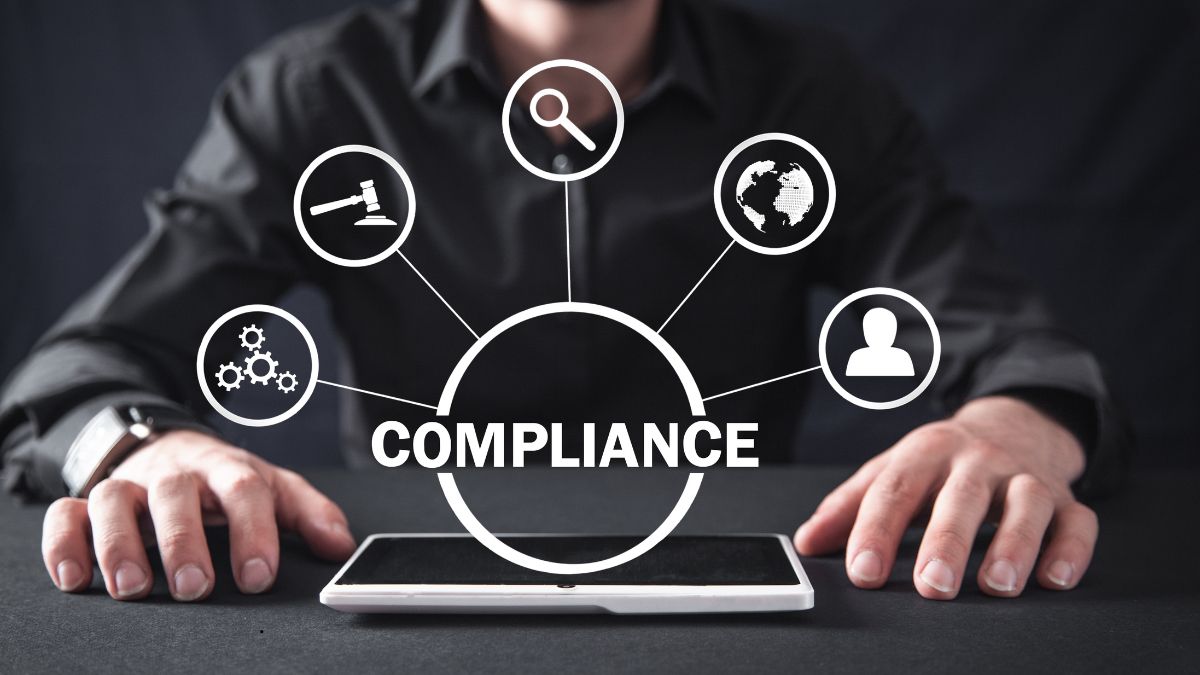
In today’s ever-evolving regulatory climate, South African companies are under mounting pressure to remain compliant—not just for legal protection, but also to maintain their reputation, investor confidence, and operational continuity. From Broad-Based Black Economic Empowerment (BBBEE) to the Protection of Personal Information Act (POPIA), compliance auditing has become more than a checkbox; it’s now a pillar of sustainable business.
But what makes compliance so challenging in South Africa? And how can companies prepare for it?
The Challenge: A Complex, Shifting Regulatory Web
South Africa’s compliance landscape spans a wide range of legal requirements—from data privacy and transformation targets to health and safety protocols. Each comes with its own expectations and audit triggers. For example, BBBEE audits assess socio-economic transformation, POPIA audits ensure personal data protection, while labour and tax compliance checks confirm fair employment and fiscal conduct.
These laws don’t exist in isolation. They often overlap, and when businesses fail to integrate them strategically, it leads to redundancy, inefficiency, or missed risks.
Regulatory Change Is Constant
One of the biggest pain points for compliance teams is staying current. Amendments to the Companies Act, changes in the BBBEE Codes, or new tax rulings can affect your audit score overnight. In high-risk sectors like construction or finance, even minor legislative shifts can have major consequences.
Businesses that fail to track these updates often find themselves non-compliant—without even knowing it.
Limited Resources and Internal Expertise
While large corporations may have the capacity to manage dedicated compliance teams, small and medium-sized enterprises (SMEs) frequently lack the bandwidth. One individual may be expected to juggle multiple roles, making it difficult to keep up with the complexity and volume of compliance obligations.
Hiring specialists can be expensive, but neglecting compliance could cost far more in the long term—through penalties, reputational harm, or business restrictions.
The Growing Pressure of Data Security
The POPI Act has shifted how businesses must handle personal information. Coupled with the rise in cyber threats, companies are under intense scrutiny to protect customer and employee data. POPIA audits are not just about checking boxes—they’re about proving that systems are resilient and secure.
The risk of non-compliance? Steep fines, loss of trust, and regulatory intervention.
Fragmentation: Governance, Risk, and Compliance in Silos
Another common misstep is treating compliance, governance, and risk as separate initiatives. When finance manages tax compliance, HR handles labour law, and IT manages data protection—with no cross-talk—gaps appear. Processes clash, duplication occurs, and overall control weakens.
An integrated approach—one centralised framework—helps identify patterns, anticipate threats, and build accountability across teams.
Moving Toward Better Compliance
To succeed in South Africa’s demanding regulatory environment, businesses must evolve their approach:
-
Centralise oversight using a Governance, Risk, and Compliance (GRC) framework.
-
Invest in training, so employees understand not just what to do, but why.
-
Use digital tools to track audit readiness, legal updates, and risk alerts.
-
Partner with external experts for specialised audits in areas like POPIA, BBBEE, or ISO standards.
-
Review and refine your compliance strategy regularly—not just once a year.
A Culture of Ethics, Not Just Checklists
Ultimately, compliance isn’t just about ticking boxes. It’s about embedding accountability into company culture. Ethical leadership, open communication, and a willingness to adapt are what set high-performing businesses apart in the audit process.
In South Africa, where regulatory frameworks are deeply tied to socio-economic transformation and digital accountability, organisations that lead with integrity will not only stay ahead of audits—they’ll win customer trust, investment opportunities, and long-term relevance.
Conclusion
Compliance audits in South Africa can feel daunting, but they also offer a clear roadmap to better business. By staying informed, resourcing smartly, and prioritising internal alignment, companies can transform compliance from a cost centre into a value driver. In a future shaped by regulation and reputation, the businesses that thrive will be the ones who choose to be audit-ready every day.

